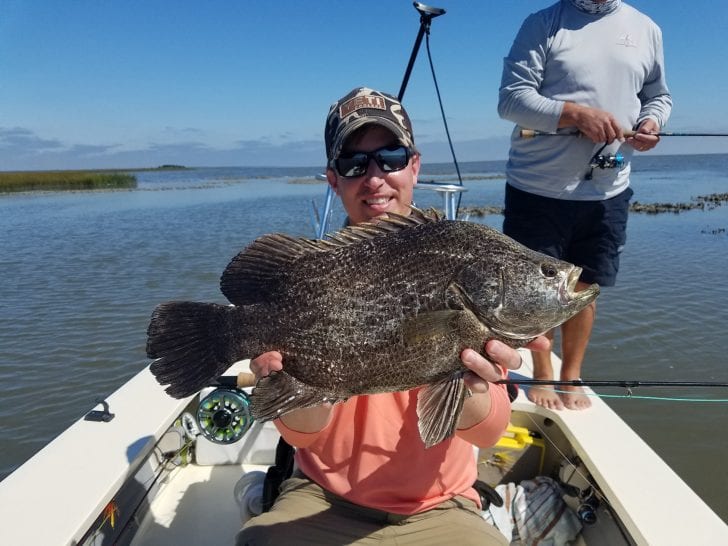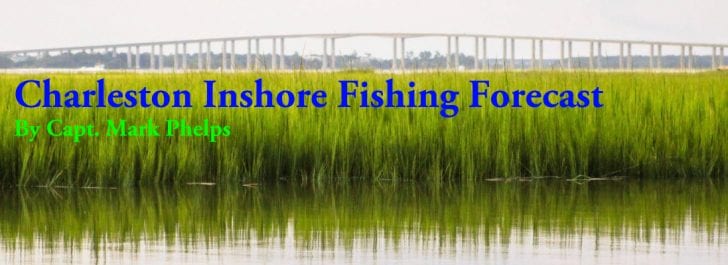September is a month of transition in Charleston. The very hot and humid days of summer will continue.
However, by the end of the month, cooler mornings and shorter days start to replace the 90 degree days. Because of this, fishing will undergo several changes.
This will be the last month to target all the summer migrating species of fish that come north in the summer and move south for the winter. As the first cool fronts of the year occur, the water will begin to cool.
Warm water fish like Spanish mackerel, ladyfish, jacks, tarpon and sharks will be preparing to head south for the winter.
This might seem early but fishermen must remember that these fish don’t like water temperatures much below 80 degrees.
One thing is for sure, they need to eat a lot to store up energy for the long journey down the coast.
These fish may be found near the inlets and right off the beach all up and down our coast line.
When we get an approaching front, the fish will be very aggressive in feeding, often on the surface.
This will be the last, and often the best chance of the summer, to catch one of these migrating species
You might see birds working above a school of Spanish mackerel as they move out of the harbor or down the beach. If the larger mullet are moving south you could see tarpon or sharks sky rocketing out of the water chasing after them.
This will be the last, and often the best chance of the summer, to catch one of these migrating species.
The best fishing of the year will begin this month for the inshore species.
The resident fish like redfish, sea trout and flounder are also responding to this seasonal transition.
The inshore water temperature will begin dropping with the shorter days and cooler mornings.

The summer months will have provided mature shrimp and mullet which are the perfect size for a hardy meal.
Since some of the bait will not be around much longer, local fish will be feeding more often and for longer stretches of the day.
The early morning top water bite will be in full swing. Working with favorite bait along the grassy edges or current rips early in the morning will provide some explosive strikes.
DOA shrimp under a cork is hard to beat this time of the year
Because there are so many shrimp in the water, both fish and fishermen will be able to take advantage of their cravings for shrimp. A DOA shrimp under a cork is hard to beat this time of the year.
By allowing the cork to drift along the grass or over oyster bars, fishermen will be able to catch almost any of the inshore species.
The redfish will still be feeding on crabs in the grass this month, providing us an opportunity to catch them.
A DOA shrimp, crab imitation, or fly may be used in order to take advantage of these tailing tides to catch trophy reds in the grass.
A great way to spend the day on the water is to book one of the area’s great guides. Having fished in Charleston for twenty three years, I am extremely knowledgeable and experienced in this area.
As owner and operator of Shore Thang Charters, I would love to share my expertise with you on the water. Please email me at ShoreThangCharter@hotmail.com, check out my web page, www.ShoreThangCharters.com, or call 843-475-1274.
Captain Mark Phelps / Shore Thang Charters
843-475-1274
You may also enjoy reading Gear Review By Capt Mark Phelps


